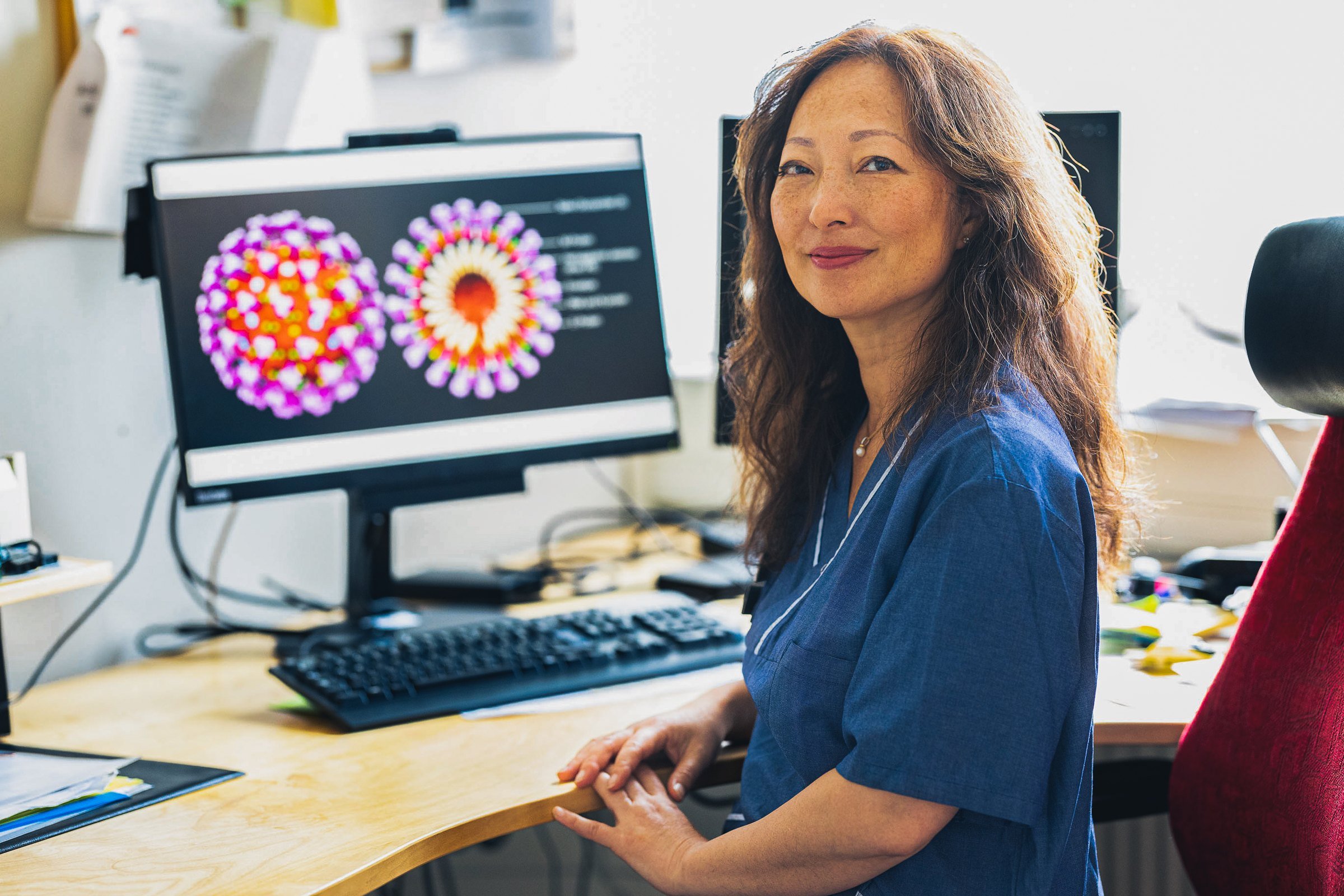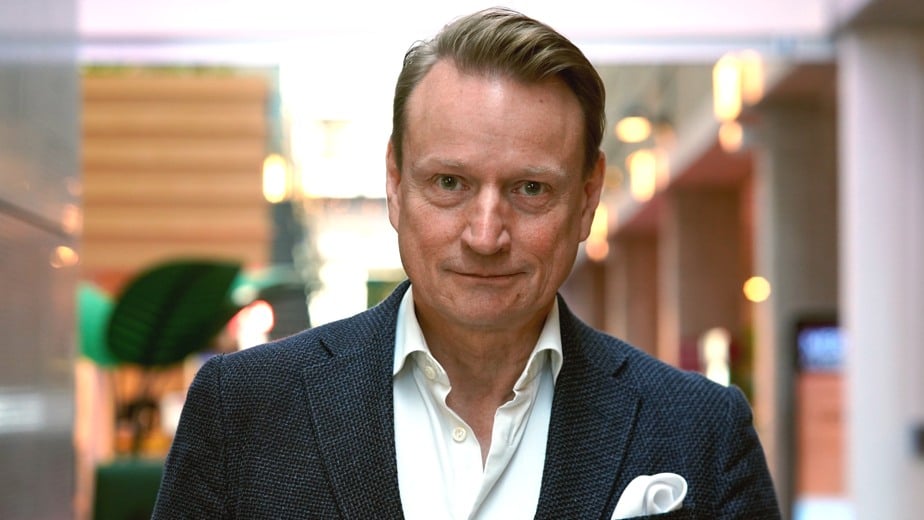Covid-19 vaccine capable of combating mutated viruses is undergoing a phase 1 clinical trial at Karolinska University Hospital

Protection against new variants
The ongoing phase 1 clinical trial includes 16 healthy adults, aged 18 to 65 years, who are being monitored at the Phase 1 unit of the Center for Clinical Cancer Studies in Huddinge, in collaboration with the Medical Unit for Infectious Diseases at Karolinska University Hospital. All participants received their third dose of mRNA vaccine no later than six months ago. Their health status and immune responses to the vaccine are being monitored for a period of three months, including weekly COVID testing.
– It is important that we test this type of new vaccine that can provide a broader immune response and potentially offer better protection against new variants of Covid-19, says Soo Aleman, professor and senior consultant at the Medical Unit for Infectious Diseases at Karolinska University Hospital.
The vaccine is administered using an electric pulse
The fact that the vaccine is based on DNA has its advantages and disadvantages. Unlike mRNA, DNA does not require strict storage at -40 degrees Celsius. However, after the DNA vaccine is injected, an electric pulse, known as electroporation, needs to be delivered to the patient immediately in order for the DNA to enter the cell nuclei.
 Matti Sällberg, professor at Karolinska Institutet. Photo: Catarina Thepper.
Matti Sällberg, professor at Karolinska Institutet. Photo: Catarina Thepper.
– Within the OPENCORONA project, a special instrument has been developed for use during DNA injection. It is called an EPSgun and delivers a small electric pulse. The arm may twitch slightly, which can be felt, but it quickly subsides. The patients' experience of this is also recorded as an important part of the research, says Matti Sällberg, professor at Karolinska Institutet.